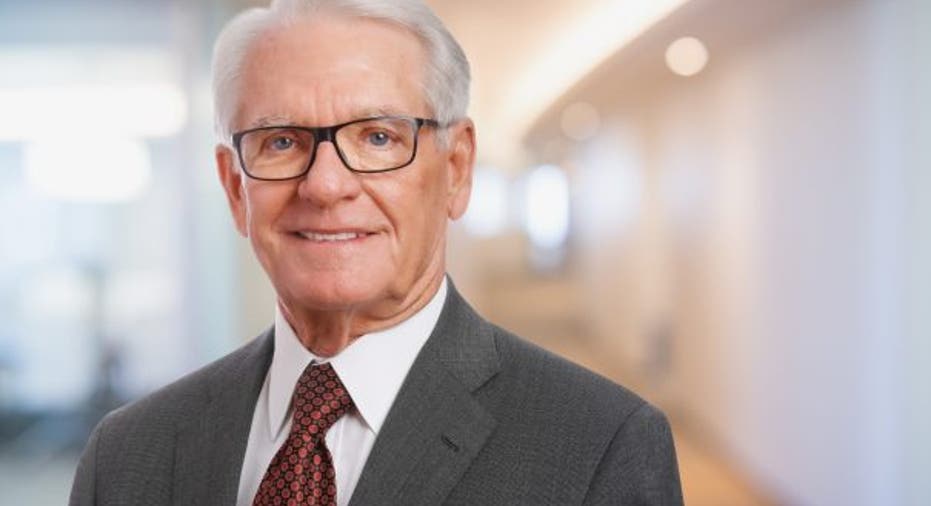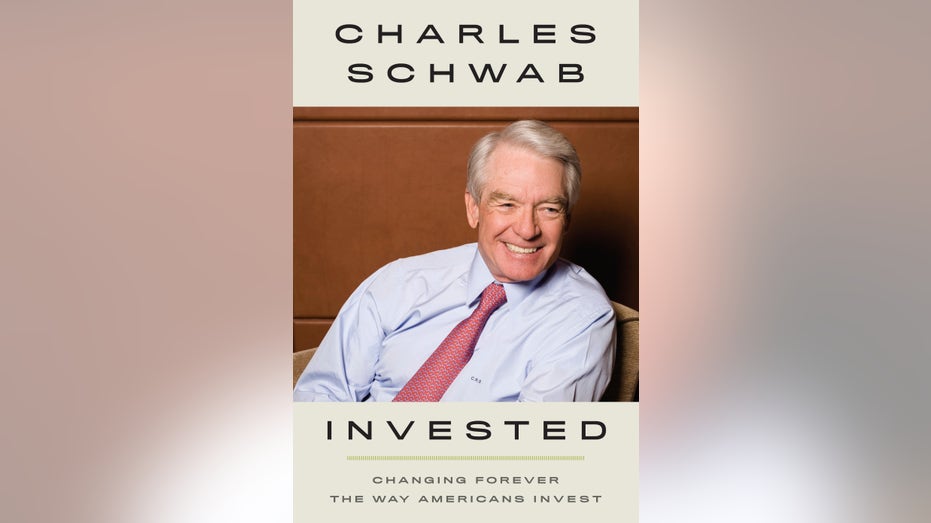Charles Schwab: To be a successful investor, you've got to be an optimist. Here's why

Charles Schwab, founder, former CEO, and current chairman, of The Charles Schwab Corporation.
Watching the markets seesaw this summer I was reminded that it is the rare investor who doesn’t go through an emotional whirlwind when the markets move like they have been moving these past months.
I’ve gotten comfortable with the roller-coaster ride that comes with investing and the resolve it takes to ride through the gyrations successfully. It’s not easy and after a lifetime of experience helping clients during difficult markets, I’m convinced it doesn’t come naturally.
Today, having experienced many market corrections, crashes, and long bear markets in my career, I can roll with them. Helping others to stick with their strategies through thick and thin is important. I take the role seriously. Today’s environment reminds me a similar challenge in the dark days of the financial crisis of 2008...
Throughout the crisis, Schwab was in fine shape. Not just fine, doing well. In October 2008, for example, at the height of the crisis, we opened 30,000 accounts, up 88 percent over the year before. Our branches logged five million client interactions that year, a number I couldn’t have fathomed when I started Schwab in 1973.
But that success didn’t make the situation feel much better to me, and it certainly didn’t matter in the moment to our clients. Despite all the government was doing to stop the financial crisis, investors were panicked. Our clients were no exception. The branches and telephone service centers were flooded with questions about what to do — or worse, receiving panicked “sell‑ it‑ all” orders. “Should I get out of the market?” That was the common refrain.
I’d seen this play out before and felt I needed to speak out and do what I could to calm nerves. The natural inclination as an investor is to run when the stock market plunges.
To be a successful investor, you’ve got to be an optimist. You have to believe in the innovations that come from the human mind and the human spirit.
I knew that was the wrong thing to do. History was proof of that. I flew out to New York from our headquarters in San Francisco, and on a cold day in October 2008 we spent the day in a loft on 14th Street repurposed as a film studio to tape a set of video messages from me. With bright lights and sound technicians and all the other production people cramped around me, the director had me read take after take of scripted remarks.
It just wasn’t working. It didn’t feel genuine. I was stiff, uncomfortable. I wanted to talk to my clients in the clearest and most sincere way, not through stilted, careful, perfect lines. After dozens of awkward takes I stopped the production, tossed the script, and had my communications person simply ask me some questions, which I answered from the heart.
“The most natural instinct is to run for the door. To sell. Sell everything,” I said. “You’ve got to fight that emotion because you want to be able to hang on for the recovery. Which has happened every time we have had an experience like this in my career . . . and that goes back now some 40 years . . . nine different cracks in the market like this. Smart investing is about taking it year by year by year. It is a little bit of a nightmare, but we handle those by living through them and looking forward to a better day.”

Did I get the timing right with my advice? Not exactly. You never do. And that’s exactly the point.
The market bounced around for a few months after we started running the TV spots in January 2009 and then took that final dive to the bottom on March 9. But timing the market is impossible. As the saying goes, it’s not timing the market that counts, but time in the market.
By the end of 2010, the Dow Jones was back to where it had been before its precipitous slide on September 29, 2008.
Had you invested in the Dow Jones Industrials, the S&P 500, or even more broadly into the Schwab 1000 Index (the largest 1,000 companies in the U.S., accounting for 90 percent of the US market) on the day we shot those television clips, despite the additional downward move of the stock market for five months, within a year you would have been up nearly 25 percent.
Unfortunately, too many people jumped out of the market during that painful 18‑ month bear market— and then they missed the turn afterward. Like other turns before, it came unannounced and moved fast.
To be a successful investor, you’ve got to be an optimist. You have to believe in the innovations that come from the human mind and the human spirit.
Investing is all about being a part of companies that create new value. And that will continue to be true, but we go through these undulations in the process of discovery. “The bottom line,” I said, “is that you’ve got to be somewhat optimistic and know that the future will be better than the past.”
I believed it then, I believed it when I started Schwab against so many odds in the 1970s, I believed it when the stock market crashed in 1987 and during the terrible dot com crash, and I still believe it today.
To be a successful investor, you have to be optimistic.
Charles Schwab is the founder, former CEO, and current chairman, of The Charles Schwab Corporation. Among the giants of the financial services industry, he is one of the most successful entrepreneurs and leaders in American business.
Adapted from "INVESTED" by Charles Schwab. Copyright © 2019 by Charles Schwab. Excerpted by permission of Currency, an imprint of Penguin Random House LLC. All rights reserved. No part of this excerpt may be reproduced or reprinted without permission in writing from the publisher.



















